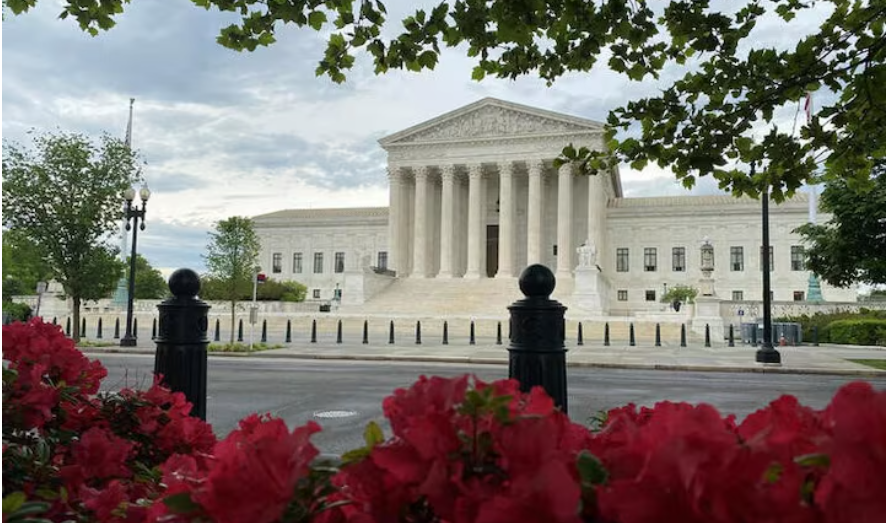A U.S. appeals court refused to automatically approve a $667 million fee award for attorneys behind a $2.7 billion antitrust class action settlement with Blue Cross Blue Shield.
On Wednesday, class lawyers urged the U.S. Supreme Court to reject a challenge to the legal fees and the broader merits of the 2020 settlement. Last year, an appeals court upheld both the settlement and the fees.
Health insurance subscribers in the decade-long case accused the Blue Cross Blue Shield Association and others of unlawfully agreeing not to compete with one another. Class members alleged that this conspiracy led to higher insurance costs. Blue Cross, while denying the claims, agreed to settle the class action in Alabama federal court. On Wednesday, Blue Cross’s lawyers also asked the justices to affirm the settlement, though they took no position on the legal fees, which would be deducted from the $2.7 billion settlement amount.
Attorneys for the plaintiffs, including Charles Cooper of Cooper & Kirk, did not immediately comment.
The settlement objector who filed the Supreme Court petition argued that the fee should be no more than $194 million, based on the “lodestar” amount—the number of hours the lawyers worked multiplied by a prevailing hourly rate. However, Cooper told the Supreme Court that the trial judge’s use of the “percentage of the fund” method was appropriate. The fee, amounting to 23.47% of the settlement, fell within a “range of reasonableness” of 20% to 25%, as an appeals court found.
“If the district court had reflexively approved the petition simply because it fell under a 25% benchmark, it could have cited that undisputed fact and called it a day,” the class attorneys said. They emphasized that the trial judge conducted a “searching analysis” before issuing the fee award and that their “colossal litigation effort” justified the amount.

